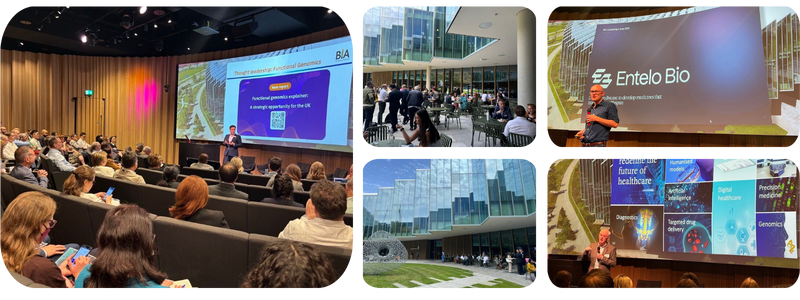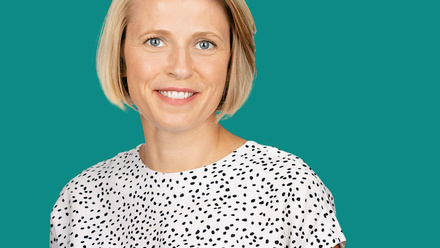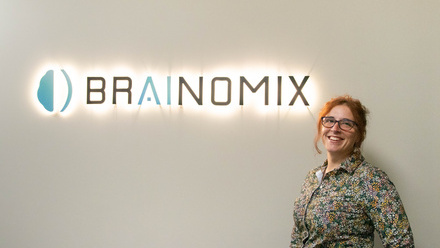Science fiction becomes science reality at TechBio X in Cambridge

In this blog, Albert Maguire-King, Media and Communications Executive at the BIA, shares the vision of hope witnessed at BIA's recent TechBio X event in Cambridge.
In his keynote speech on the day, Steve Rees, SVP in Discovery Sciences at AstraZeneca, said that "science fiction is now becoming science reality." This sentiment captured the essence of the day as a diverse array of figures from across the life sciences sector congregated together to push the frontiers of what is perceived to be possible in the industry. Reflecting on the transformative journey the industry has been on over the past 25 years, he reflected that:
As we entered the new millennium, the human genome had yet to be sequenced. In the year 2000, sequencing the human genome cost a staggering $100 million, a sum that underscores how groundbreaking such technologies were at the time.
Fast forward to today, where we have access to millions of genomes and the capability to sequence a genome is now within financial reach for a few hundred dollars. This astonishing progression not only marks technological advancement but sets the stage for a future where genetic information could potentially unravel the causes of diseases on a broad scale.
BIA CEO Steve Bates picked up the theme, reflecting that the very building we stood in was once just a set of architectural drawings and aspirational plans. Now, it was a thriving reality, hosting exactly the kind of event it had been designed for. In the same way, he said, the boldest visions of the scientists and entrepreneurs in the room could soon move from ambition to actuality.

BIA member Constructive Bio took centre stage through its innovation showcase, representing the new wave of innovation in synthetic biology. Their work reprogramming the genetic code to incorporate non-standard amino acids promises a new class of therapeutic bio-polymers with enhanced functionality, offering a glimpse of what next-generation medicines might look like.
Following this demonstration, a panel discussion followed, which emphasised that the UK is at the forefront of this field and is uniquely positioned to take advantage of geopolitical uncertainty. The only thing in doubt was whether this would be capitalised on.
Stephen Harrison, Chief Scientific Officer at Nucleome Therapeutics, said that throughout his lengthy career, most of which had been in the US, there had been a dynamism and entrepreneurialism inherent to America not readily found in the UK. He said things have now changed and that the risk-taking and daring required for success in business had moved over to the UK.
Functional genomics was a primary concern throughout the event. Emphasis was placed on the need for collaborative efforts going forward as, by combining knowledge, talent, and resources, new genetic drivers of disease can be uncovered at an unprecedented pace. For those looking to understand the science and its potential impact, the BIA’s Functional genomics explainer offers a clear and accessible overview of the field and why it matters now more than ever.
The leap from early molecular biology to today’s advanced capabilities is nothing short of extraordinary. Diseases once mysterious and untreatable are now being decoded and targeted at the genetic level. And while the progress is remarkable, what’s perhaps most exciting is what still lies ahead. If TechBio X showed us anything, it's that, as Steve said in his keynote speech, science fiction is indeed becoming science reality.
The future of healthcare is being written today. Gatherings like TechBio X are where the next chapters begin. Join us at TechBio Boost: Beers and Bowling on 17 July for an informal evening of networking and conversation with TechBio Boost programme participants, and don’t miss the flagship TechBio UK on 16 October in London, where the brightest minds in biotech, data and AI come together to shape what’s next.





